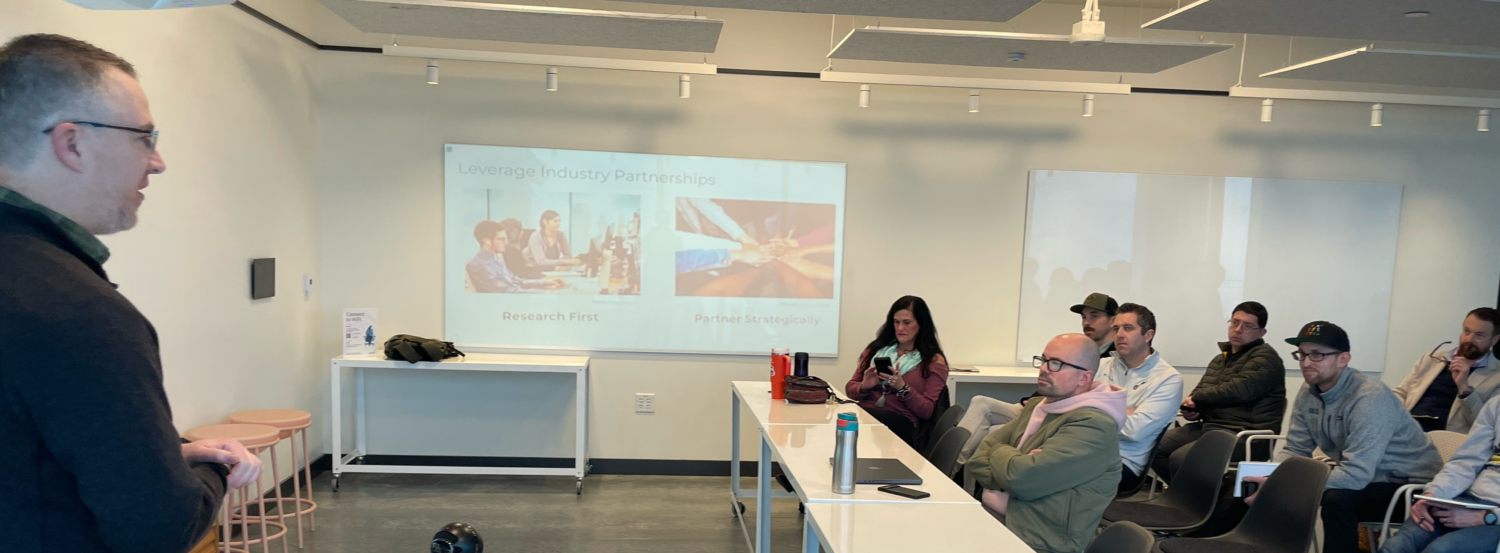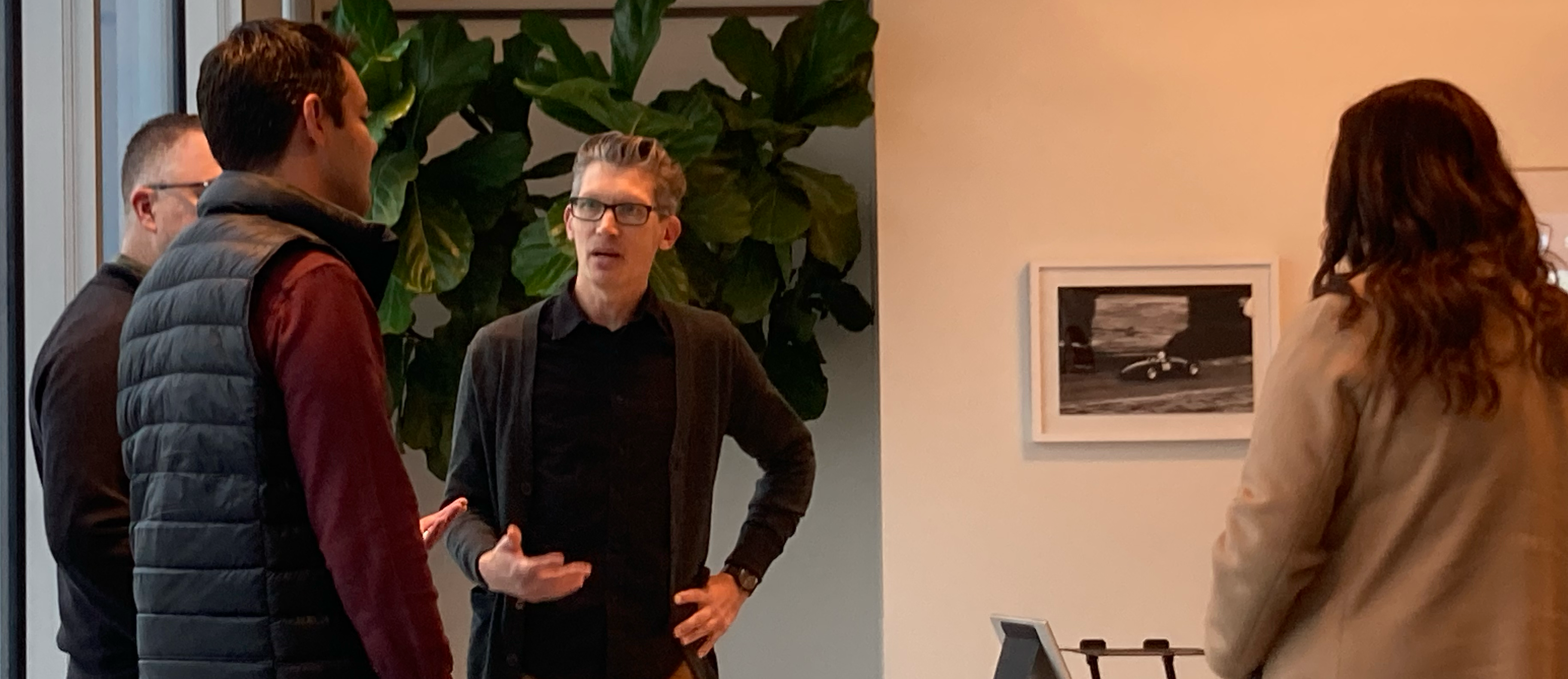Your cart is currently empty!
Rarebird Learning Sessions at Utah Tech Week
Utah Tech Week happened this past week, and it was great to participate this year through Rarebird in support of local ed techs. We hosted the only two ed tech-specific sessions afaik, but the audience turn-out suggested a real demand for ed tech knowledge-sharing and community within the state.
Here’s a recap of those sessions in case you missed it:
The 4 Product Non-Negotiables in Ed Tech
Our first session was The 4 Product Non-Negotiables in Ed Tech, presented by industry veterans Karl Lloyd (product management, tech standards), Q Wade Billings (dev ops, security), and I.
We shared info, stories, and guidance so that early-stage ed tech founders and product leaders won’t ever be caught off guard by the 4 main “deal-killers” that districts and colleges will commonly require of vendors.

We covered a lot of ground rapidly during this session, and certainly only skimmed the surface on some important aspects, so it was good to see most of the audience stick around well after the time allotted to dig in deeper. There definitely seemed to be enough interest (and lingering questions) to warrant a full 60-90 minute session each.
Thus, we’re now developing in-depth workshops for some of these 4 topics.

Evolving Beyond Founder-Led Sales (Panel)
The second session was a panel, Evolving Beyond Founder-Led Sales, featuring 4 local ed tech founders and CEOs:
- Devlin Daley – Derivita, Instructure
- Trenton Goble – MasteryConnect
- Neylan McBaine – Duet Partner
- Mike Rowland – Droplet
The panel tackled the question, How can an ed tech startup excel at – and eventually evolve beyond – founder-led sales?
Sean Traigle (SVP of Sales at Logos) and I co-hosted this session, and I think we had as much fun as the audience did with this thoughtful and lively group.

The conversation was far-reaching and represented the unique experiences of each panelist, but here are some takeaways worth pondering:
- Founder-led sales is crucial for startups, as it not only tests the validity of the product, it develops the skills of the founder and builds relationships that prove invaluable in the long-run.
- At the same time, because many founders are product or technical people who don’t fancy sales, having a sales pro as a co-founder can be a great advantage 😉
- Like product validation, founder-led sales must be iterative. The developing methods and lessons learned may become the DNA of the company’s future GTM.
- Once the startup has proven product-market fit, developed a playbook for founder-led sales, and grown at a rate that outpaces what the founder can respond to, it’s probably time to plan a sales hire.
- The profile of a successful first sales hire will be heavily dependent on the needs of the business – e.g. it may be a market dev person or a field rep or even a savvy educator who can learn sales.
- Founders should take their time with their early hire(s) to ensure they have what it takes. Better to continue to do double-duty in sales yourself for a while than wrestle with the costs and repercussions of a bad early hire.
- A new hire must not only be competent with sales and capable of navigating customers’ organizations, the new hire must carry on the founder’s proven methods. This includes emulating the founder’s evangelism and reflecting their driving passion.
- Document your process as it develops, and build a bare-bones system. Doesn’t have to be Salesforce, but it should at least be spreadsheets. You’re not building a mature rev ops team at this stage, but you can’t just leave it all in your head, either. A transition to your first sales hire(s) will be so much easier when you have systems and docs in place.
- It’s easy to sell a product that you believe in. Both product leaders and sales leaders should take note.
- Founders should never fully step away from sales. Just as product leaders should always be talking to customers, sales is something everyone in the company should care about and practice, even if they’re not building purchase orders.
- Authenticity reigns. It’s easy to sell a product that you’re passionate about, and customers can smell BS a mile away. This is especially true in education, where ed tech startups will live or die by relationships, trust, and (eventually) referrals.
Those are some of the things we learned. What about you?
Huge thanks to everyone who attended, and especially the panelists and presenters who so generously shared their time and expertise!
